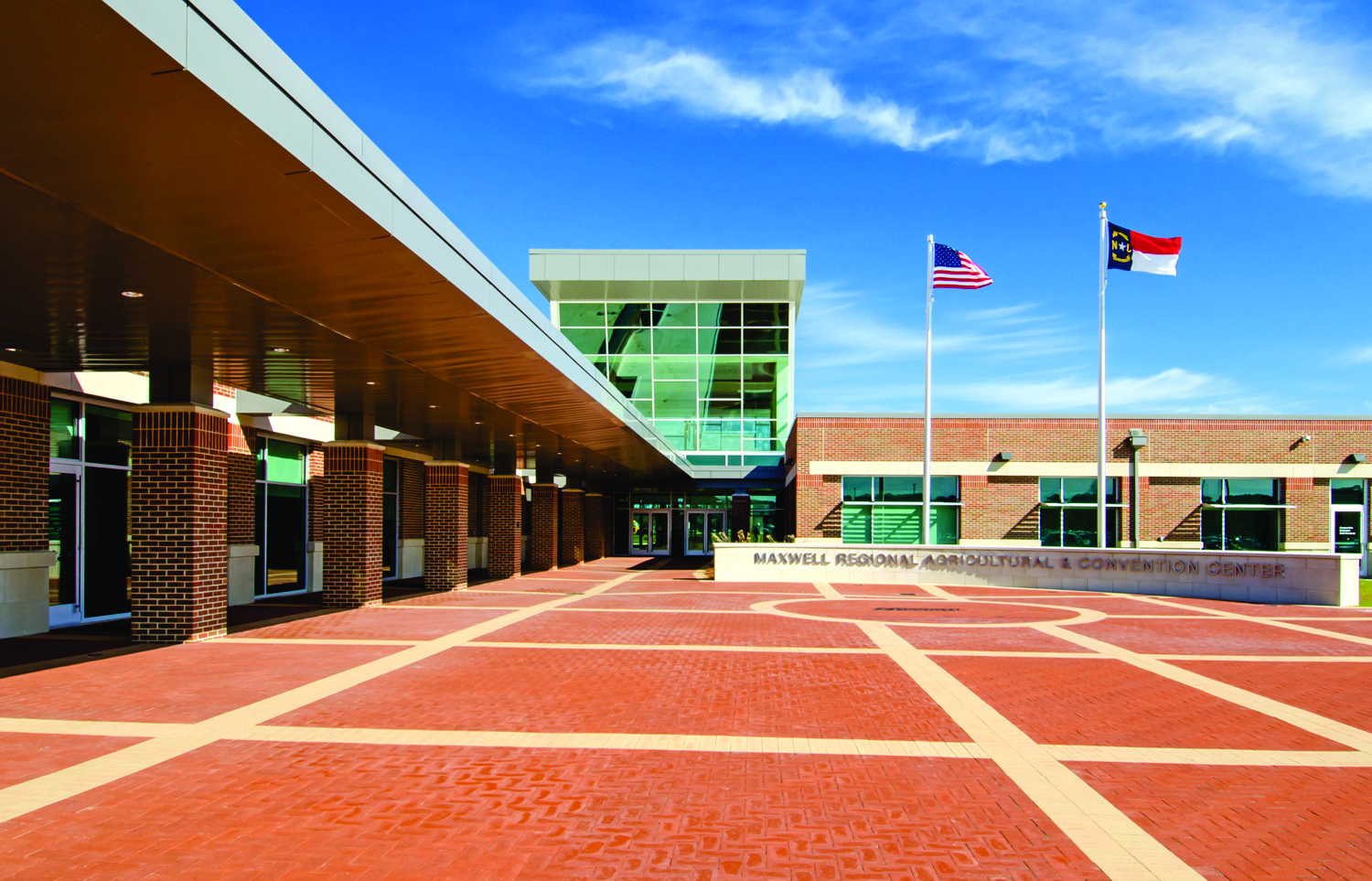
What a difference a year makes. Just when planners were mastering virtual meetings, face-to-face gatherings return. And with them comes new event technology. It’s hard to keep up. Here’s a look at how event tech can help, emerging tech trends, and some of the tools available for planners.
What event tech can do
There are hardware and software tools to help planners through the entire event lifecycle from start to finish of virtual, live, and hybrid gatherings. Venue- and vendor-sourcing software streamlines the early stages of the planning process, letting planners search, save, and compare available options in one stop. Virtual 3D site visits save time and money by allowing planners to visualize room layouts and try different setups remotely.
Marketing tools help create websites and integrate with social media to spread the word and bring attention to the event. AI speeds content creation, including generating logos and writing agendas, promotional copy, emails, and session descriptions.
Mobile apps enhance the attendee experience, aid communication, and help people navigate sessions and venues. They’re also eco-friendly. They reduce the amount of paper used by putting schedules, maps, handouts, and other content at attendees’ fingertips so they don’t have to lug around and keep track of paper documents or try to fit them in their suitcases after the event.
The ability to livestream events and record sessions for on-demand playback extends the life and reach of a meeting and lets attendees experience the entire event in case of schedule conflicts. And event tech that tracks attendee movement and engagement provides valuable information and ROI data for planners, sponsors, and vendors.
What’s trending

Popular trends include green and sustainable options, such as digital badges and signage.
The use of biometrics—fingerprints, retinal scan, and facial recognition—is gaining attention, in part because it enhances the physical security of an event by ensuring only those who should be there are. Facial analysis tracking technology that measures audience sentiment, behavior, and demographics also is getting noticed.
Gamification, real-time polls, and digital Q&As are enhancing attendee engagement with the event and encouraging networking with each other. Virtual reality and augmented reality experiences are becoming more common, and wearable technology is getting a lot of buzz.
Pre-event digital engagement is becoming a must, leading to a better understanding of attendee wants and needs, customized attendee schedules, and pre-arranged appointments before the meeting begins.
And even post-pandemic, no-touch options continue their popularity. Contactless check-in is fast and convenient, not only at the initial registration desk, but also for individual sessions, meals, and offsite activities.
Getting started
It’s important to understand the event’s goals and purpose, client needs, and budget limitations before investing in technology. Just as important, know your audience: Are they tech-savvy? How much technology do they want or need? Will it save them time and enhance their experience? Don’t overdo it with unnecessary and expensive technology your audience won’t use.
Find the right fit for your event. Many companies offer event management tech tools, including Bizzabo, Cisco, Cvent, and Stova. Read reviews, ask colleagues, and arrange for a demonstration before committing. And make sure technical support is included before, during, and after the event.
It’s also vital to ensure every tool in your event tech stack plays nicely together. Or try a single integrated platform for end-to-end event management.
Timely tech tools

WebEx Events by Cisco offers access to a mobile event app, event registration software, contactless check-in, badge-printing software, digital floor plans and maps, live streaming and simulive pre-recorded sessions for playback in different time zones, video breakout rooms, and virtual networking and communities.
Cisco’s Slido is an audience-interaction gamification platform for creating customized polls, quizzes, live Q&A, generating ratings, and open-text crowdsourcing.
Other helpful tools include Cvent’s OnArrival software, which provides self-service check-in and on-demand badge printing through a QR code on attendees’ smartphones or watches. The software also allows planners to track attendance data in real-time.
Wearable event technology is a game changer. Klik SmartBadges from Bizzabo uses embedded sensors that capture data and track attendee behavior and movement in real time. The interactive badges enhance networking and lead generation by allowing people to share contact information by tapping their badges together. The scannable devices speed check-in at registration and sessions, allow users to download content, and light up to grab attention and alert attendees to things such as the start of a session. A live heatmap lets planners visualize attendee behavior and track foot traffic, and real-time information offers the opportunity to make adjustments on the fly. Additional captured data includes the total number of attendees, contact exchanges, and the number of activities; the badges also offer an engagement score. Another plus: The badges are reusable.
Austin, Texas-based Zenus offers facial analysis using smart cameras that analyze faces and expressions—even if people are wearing glasses, hats, or masks, the company says. Through a live dashboard, users can view attendee metrics and data, including the number of impressions, gender and age demographics, dwell time, and sentiments. Planners and speakers can use these audience insights to determine the level to which different demographics are engaged and make real-time adjustments if necessary. Vendors and sponsors can track traffic to their booths and see how long visitors stay there. The passive data collection does not include personal information.
Help from hotels
Several major hotel chains offer free technology tools for planners. The Hyatt Planner Portal creates a centralized place to manage reservations and meeting details. On a desktop, tablet, or phone, planners can view banquet menus and floor plans, generate and schedule reports, track room bookings, and see charges and bills in real-time. Once onsite, planners can use the Hyatt Event Concierge App to communicate with hotel staff.
Hilton offers the ability to build a custom attendee website for events—or the hotel can create it for you. Once you book a room block, the confirmation email provides a code to access the tool. Through the custom website, attendees can reserve their rooms at the group’s rate.
The Marriott Bonvoy App provides mobile check-in up to two days before arrival, mobile keys delivered to your phone, and mobile chat with hotel staff to request services. Some Marriott properties offer the Meeting Services App to manage meeting details from your phone and connect with hotel staff in real-time before, during, and after the event. Marriott ResLink Direct lets attendees reserve rooms in the group block at the group rate through a link planners can post on their event website or email to attendees.
Convention center capabilities

Georgia World Congress Center Authority (GWCCA) in Atlanta is at the forefront of event tech. The complex has seen growth in innovations in the past year, says Thomas Lloyd, president of CCLD Networks, the telecommunications and internet service provider for GWCCA.
“Attendees increasingly seek immediate updates during events, ranging from alterations in speaker lineups to security announcements,” Lloyd says. “Consequently, AI-powered chatbots are gaining significant traction.”
With events drawing thousands to the 1.5-million-square-foot of exhibit space at the Georgia World Congress Center, it’s crucial to have reliable connectivity. “A strong and dependable data network forms the foundation upon which numerous applications can be easily integrated and operated,” he notes. “Our wireless network is distinct in its capability to support a high density of users across concentrated geographic locations.”
Lloyd and his IT department have forged partnerships with leading technology manufacturers worldwide. “These collaborations not only allow us early access to new products and services but also enable us to contribute feedback directly to the creators,” he says.
As part of a $527 million capital improvement plan, the New Orleans Ernest N. Morial Convention Center in Louisiana upgraded its wireless infrastructure. The nation’s sixth largest convention center, offering 1.1 million square feet of exhibit space, now has high-speed fiber-optic internet that can reach 10 gigabits per second during peak usage times.
And the Orange County Convention Center in Orlando, Fla., offers an interactive floor-plan tool so planners can remotely explore the venue’s 2.1 million square feet of exhibit and meeting space.






